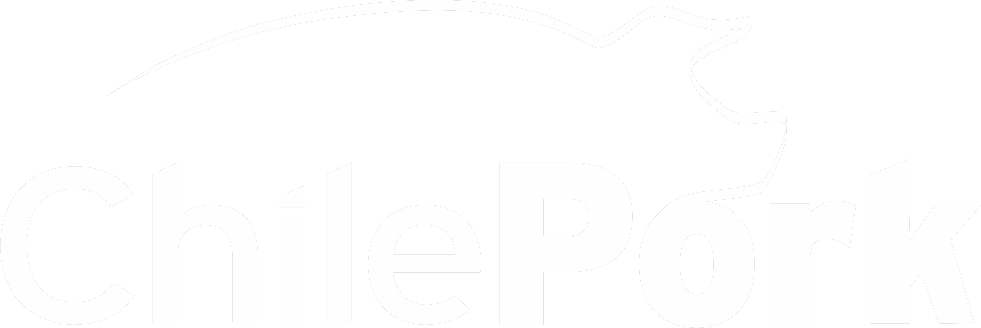Together with international authorities and experts, ChileCarne played a key role as conference sponsor and exhibitor. The trade association’s Sustainability Manager, Daniela Álvarez, talked about the Chilean pork sector’s experience with regulation and technology, which is one-of-a-kind in Latin America.
Chile and Colombia co-hosted the 2025 International Odor Conference, the world’s largest technical event on environmental odor management. The event took place from April 3 to 5 in Medellín, and continued on April 9 and 10 in Santiago. Both events brought together more than 600 people —including international experts, authorities, consultants, researchers, companies, and sector representatives— to talk about progress made, technological solutions, and experiences with odor regulations.
International Odor Conference in Colombia: A key prelude to sharing the Chilean experience
Organized by the Colombian Association of Health and Environmental Engineering (ACODAL) with a strong focus on learning from other countries, ChileCarne was invited to share its experience with the genesis and implementation of Chile’s first odor standard. Daniela Álvarez, the association’s Sustainability Manager, gave the talk “Standards, Engineering, and Reality: Keys to Effective Odor Control in the Chilean Pork Sector.” The presentation was very well received by the audience, especially local authorities and representatives, as it detailed the extensive and complex technical work undertaken by Chile to implement this groundbreaking regulation in Latin America. “I think all of us there share the same feeling: that Chile is working seriously, making progress on this issue, and that we have been quite thorough in our analysis of available international data and in mapping our local reality.”
The experience contributed by studies as well as Chilean and European experts were instrumental in the enactment of the first Chilean odor emission standard. In Álvarez’s opinion, “the biggest flaw we still have as a country is incorporating environmental standards into land-use planning tools.”
This challenge is common in Latin American countries, but has already been addressed in developed countries such as the United States, Canada, Australia, and European Union members, which have long-standing environmental and land-use legal frameworks.
Chile faces a high risk of failure in environmental issues if we it doesn’t resolve this issue soon. It is a long-standing discussion that unfortunately lies dormant or tangled in local bureaucracy. “It was a shock for us to realize that this is a reality and a problem throughout Latin America, where countries share this black spot as a common denominator. As Chileans we are proud to have been recognized as groundbreaking in the development and implementation of these standards, but this advantage is no guarantee of success if it lacks the land-use planning component,” Álvarez reflected.
International Odor Conference in Chile: The pork sector’s experience
At an institutional stand, ChileCarne promoted the pork and poultry industry’s key milestones in odor management, highlighting the current status of the implementation of the first odor emission standard for pig farms in Latin America. “Member companies are meeting the timelines set by the authorities, and the coming months will be critical for completing implementation and starting verification and reporting. These next steps will require close collaboration with the authorities to move towards effective compliance,” Álvarez explained.
The Chilean company AASA made a technical presentation as an exhibitor, and other member companies, such as Agrosuper, Maxagro, Coexca, and Soler, also attended with their technical teams and experts. Their presence facilitated the exchange of knowledge and mutual learning between different stakeholders, sectors, and regions.
ChileCarne’s Sustainability Manager praised the high technical level of the content presented at the Conference, both from the academic and industry perspective. “The presentations were very high level. We were particularly interested in the experience of other sectors, such as the pulp and paper industry, which will soon also have a standard similar to ours. Progress in data and citizen science showcased new and interesting approaches to the issue; and in terms of innovation, the presentation and efforts to advance activated carbon technology based on Chile’s mineral deposits are commendable, and we wish them success.”
A common denominator in both meetings was the passion for this topic from different approaches and roles. “For ChileCarne, being part of these spaces is critical. They are a great opportunity not just to stay up to date, but also to share experiences, which is the most valuable thing, getting insight straight from the source,” Álvarez concluded.



